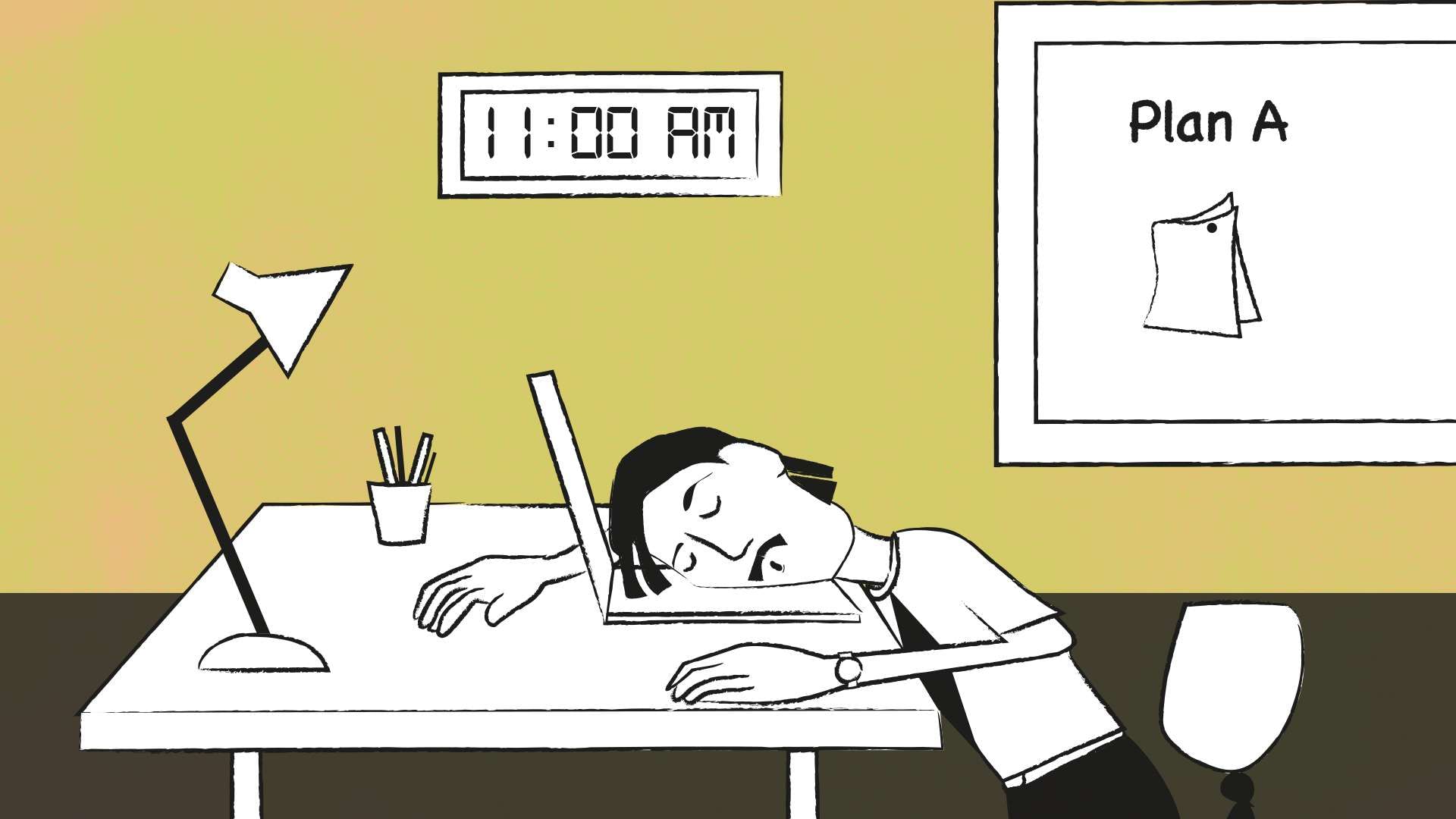Sleep and Restfulness
During a session of the Jaipur Literature Festival 2017, Sanjoy Roy asks Sadhguru a question about sleep and the tendency to obsess about it.

During a session of the Jaipur Literature Festival 2017, Sanjoy Roy, the managing director behind this word-renowned festival, asks Sadhguru a question about sleep and the tendency to obsess about it. Sadhguru speaks about sleep, restfulness, his personal sleep quota, and ways to optimize the “engine” that is our body.
Sanjoy Roy: In your book Inner Engineering: A Yogi’s Guide to Joy, you talk about sleep, our obsession with the need to sleep, and so many other things we get obsessed with.
Sadhguru: The body does not need sleep – it needs restfulness. In most people’s experience, sleep is the deepest form of restfulness they know, so they talk about sleep. But essentially, the body is not asking for sleep, it is looking for restfulness. When you perform lots of activity, a residue of physical stress will build up in the body. So at some point, the body wants to fall asleep.
Subscribe
There are so-called experts who are promoting sleep. I think there is no need to promote sleep – people fall asleep when they are tired. But people are talking in terms of putting everyone to sleep for eight to ten hours a day. Suppose you live for a hundred years – if you followed the prescription of sleeping eight hours a day, eventually, you would have slept for over thirty-three years.
The aspect of restfulness has not been understood by people. Just try this simple thing today – check your pulse before and after food. Now if you learn Isha Kriya, a very simple practice that will just take you twelve minutes a day, if you do it for four to six weeks, and you check your pulse again before and after food, you will see it will be lower. This means you are going at lower RPM. If you keep driving your car at 5000 RPM, it will wear out faster than when you drive it at 2000 RPM. Similarly, if you are constantly going at a high pulse rate, you work yourself into the ground, and then you try to compensate for it with more sleep.
If you bring restfulness, you bring ease into your system. Once you sit here with absolute ease, the amount of residual stress that builds up in your physical body is very minimal. Almost twenty-seven years, I managed with two-and-a-half to three hours of sleep, on an average. These days, I am getting a little lazy and sleep four to four-and-a-half hours!
There is no need to fix how many hours to sleep. When you feel sufficiently relaxed, you must come awake. If the body and mind is kept in a certain level of alertness and awareness, you will see once it is well-rested, it is eager to come to life.
Editor’s Note: Body: The Greatest Gadget is an introduction to the most sophisticated and incredible gadget on the planet. It is a first step on an intriguing and exciting journey that culminates in total mastery of the system, allowing us to stay rooted in the physical, and yet taste the beyond. Download now.
A version of this article was originally published in Forest Flower, October 2017.


